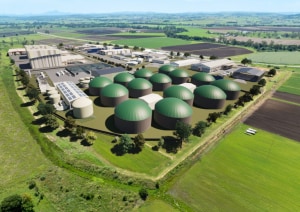Australia’s national science agency, CSIRO, has released a new roadmap on key strategies for creating jobs and reclaiming billions in economic value from plastic, glass, paper, and tyres currently going into landfill.
The National Circular Economy Roadmap found innovation is crucial to realising Australia’s largest economic gains, which will come from designing new products and materials.
This includes through advanced manufacturing and in embracing new business models that will create domestic and export markets for waste streams.
The roadmap identifies six elements for moving towards a circular economy of plastics, paper, glass, and tyres, which includes:
- Retain material through use and collection;
- Upscale and innovate recycling technologies;
- Innovate and collaborate in design and manufacture;
- Develop markets for secondary materials and the products that use them;
- Streamline nationally consistent governance; and
- Secure a national zero-waste culture.
According to the report, this could more than triple job creation from resource recovery in Australia, where the recycling sector currently generates 9.2 jobs per 10,000 tonnes of waste, compared with only 2.8 jobs for the same amount of waste sent to landfill.
It says that increasing the country’s recovery rate by just five per cent would already add an estimated $1 billion to the GDP.
Dr Larry Marshall, CSIRO chief executive, claims the Australian government’s ban on the export of waste last year creates an opportunity for a new strategy that “turns landfill into economic returns”.
“Science can transform our economy into a circular one that renews and reuses what we previously discarded, and indeed a virtuous circle that creates higher paid jobs, advances new Australian technology, and protects our environment,” Marshall explained.
“The practical path laid out in this roadmap is part of CSIRO’s mission-led focus on using science to solve our greatest challenges, while driving our economic recovery and building future resilience.”
The roadmap aligns with several circular economy missions being developed by CSIRO and partners in industry, universities, and government.
These include a mission to end plastic waste, to transform the country’s mineral commodities into higher-value products, and to transition to net zero emissions.
The roadmap was commissioned by the Federal Department of Industry, Science, Energy and Resources and developed in collaboration with 83 industry, research, and government partners.





